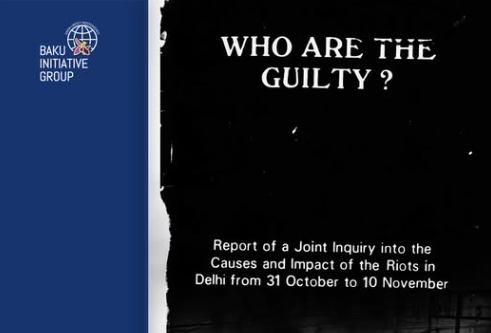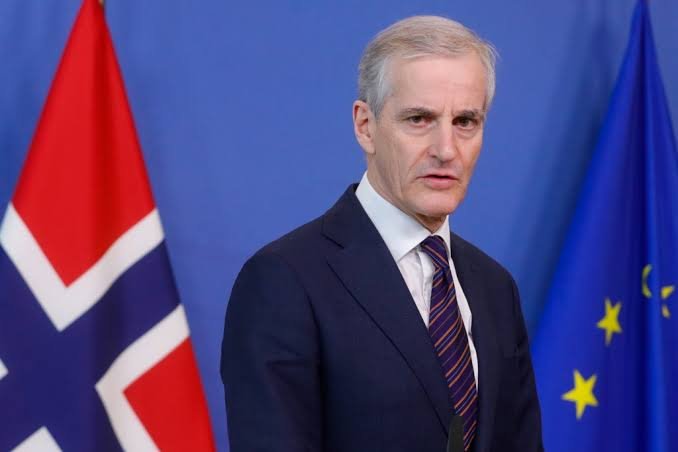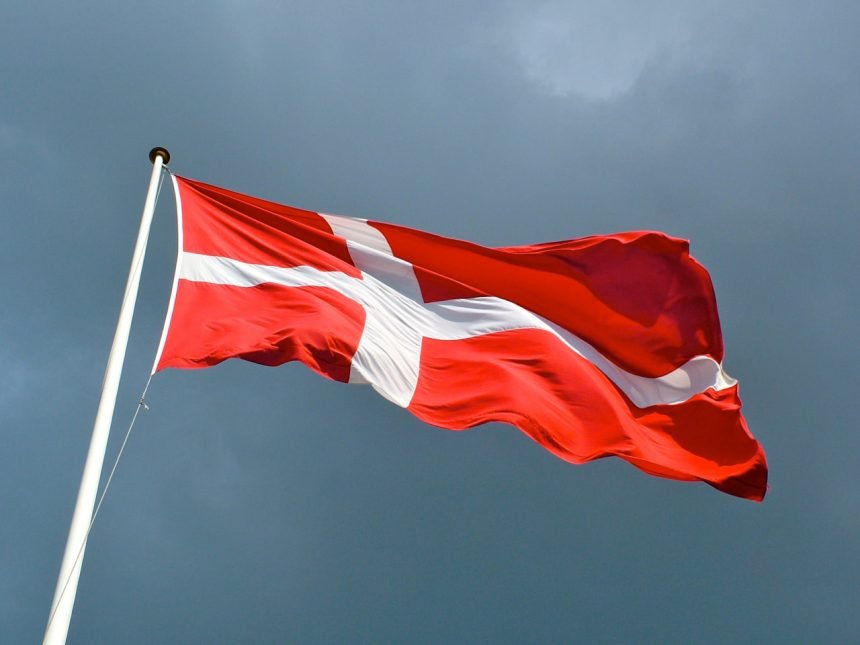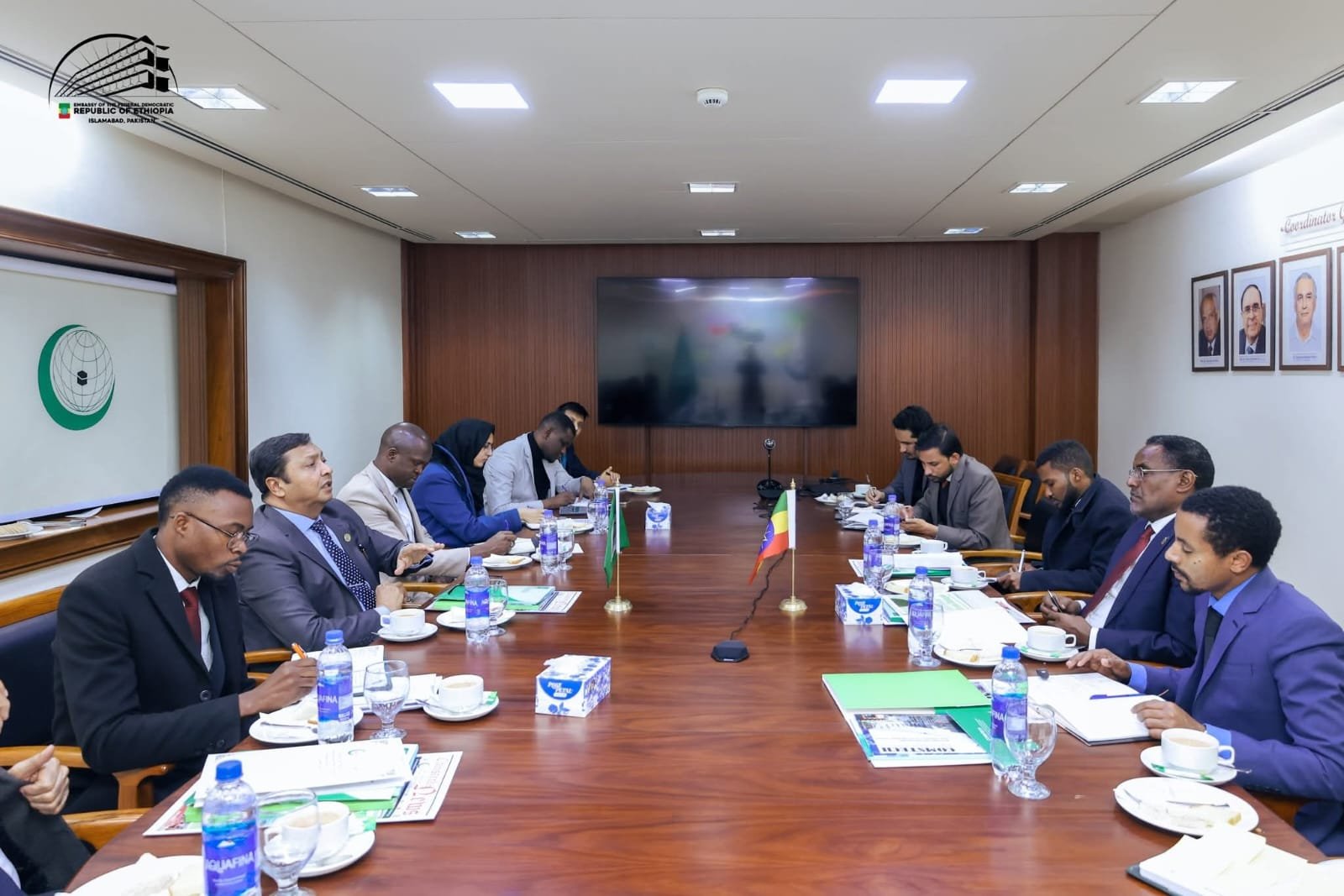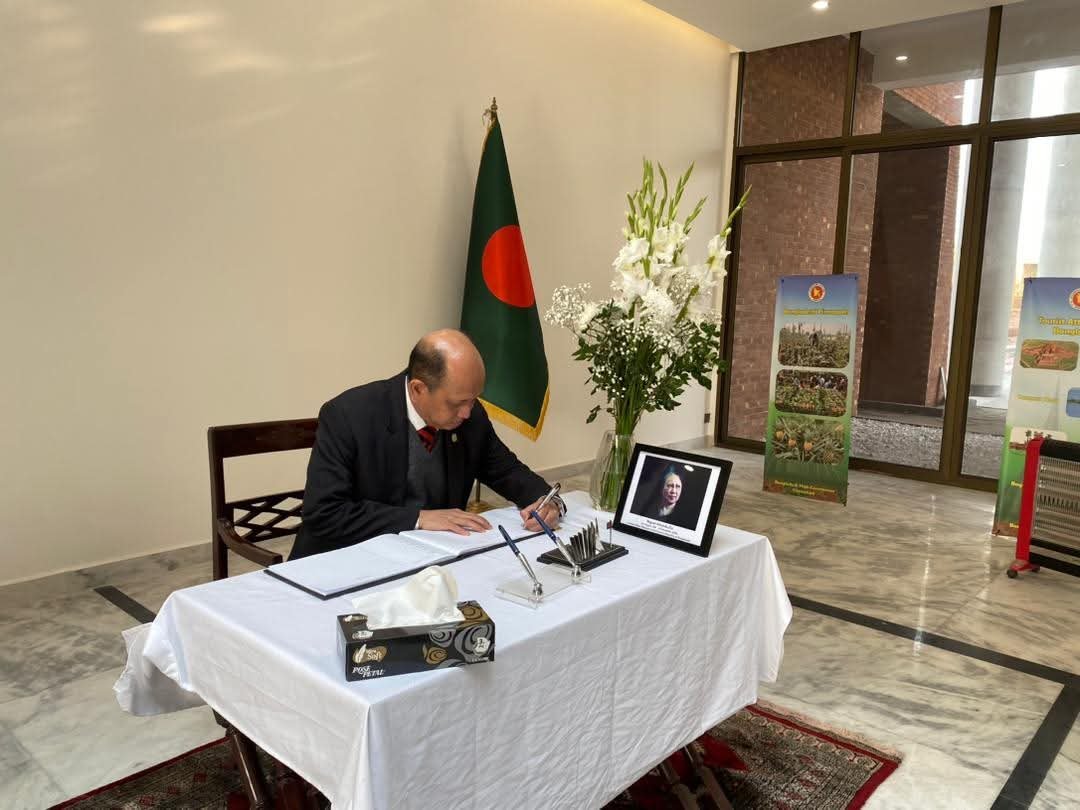Brussels, June 27, 2025 – The Europe Today: Prime Minister Rosen Zhelyazkov, speaking from Brussels ahead of the European Union leaders’ summit, reiterated Bulgaria’s unwavering stance that North Macedonia must fulfill the conditions outlined in the 2022 compromise agreement before its EU accession talks can progress. Central to this agreement is the requirement for constitutional amendments in Skopje to formally recognize the Bulgarian community—an obligation Bulgaria deems essential.
Zhelyazkov stressed that Bulgaria’s position remains in full alignment with the declaration adopted by the National Assembly in May. He made it clear that Sofia has no intention of introducing new or unilateral demands, nor of reducing the matter to a purely bilateral issue. Instead, Bulgaria views the enlargement process as a multilateral commitment, one that must be treated within the broader framework of the EU-North Macedonia relationship.
During a meeting with European Council President Antonio Costa, the Bulgarian Prime Minister underscored the need for North Macedonia to uphold the commitments made in 2022. These include not only the constitutional changes but also the provision of tangible guarantees to protect the rights of the Bulgarian minority in the country.
Zhelyazkov expressed concern over ongoing political discourse in North Macedonia, which he believes is increasingly focused on identity and language issues—topics he described as distractions from the country’s legal and constitutional obligations. According to him, such debates risk diverting public attention from the critical requirement of safeguarding the Bulgarian community’s rights.
He noted that President Costa had given strong assurances that the European Council would strictly adhere to the terms of the 2022 agreement. The Council is expected to evaluate North Macedonia’s compliance in an upcoming autumn report, with the findings likely to influence the EU’s year-end conclusions on enlargement.
Prime Minister Zhelyazkov also cautioned against inflammatory rhetoric and hate speech emerging from North Macedonian political circles, which he warned could undermine the accession process. He urged for the continuation of dialogue grounded in the principles of the Good Neighbor Agreement.
Referring to recent provocative statements by North Macedonian officials, Zhelyazkov suggested these may be linked to the country’s approaching elections. Nevertheless, he emphasized that Bulgaria has chosen to respond with restraint and responsibility, maintaining its role as a constructive and mature member of the European Union.





